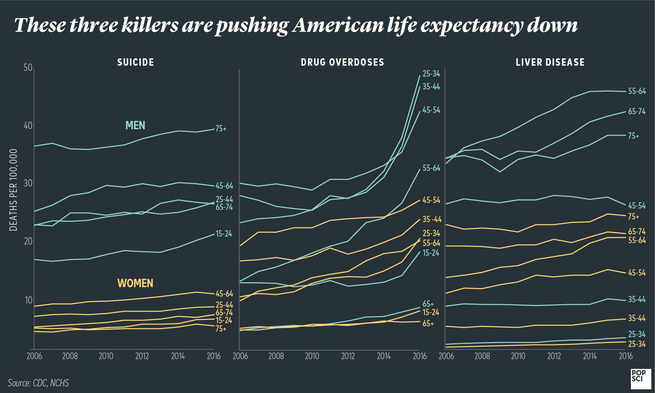After 70 years of attacking “the patriarchy,” secular feminism has borne such a bumper crop of disfigured, disabled, and dysfunctional men that it’s become impossible not to worry a bit about this. Of course, a few voices (e.g. Jordan Peterson, others like him) have protested, including some unexpected voices (e.g. Camile Paglia).
Here’s another article for your files (if you squirrel sources like this away for later use in sermons, articles, etc.):
Here’s a nice quote to whet your appetite:
Therapy culture has been an influential force in American life since the 1970s. Its primary effects have been unbridled narcissism and a tiresome hypersensitivity that only makes life harder for everyone. Even comedy, to which we’d like to turn for happy relief, has been disallowed by the stiff and humorless. Now the experts want feelings, more feelings, but with an intersectional twist.
It is in eros, perhaps, that these guidelines, if acted on, would be most harmful. Although male academics and intellectuals are generally bad with women, so that they just don’t know any better, it’s nonetheless true that men who are forever expressing “their sensitive side” are sure to inspire the fair sex’s contempt, and to be easily manipulated by them. “A weak and suffering woman triggers in most men a compassionate desire to protect and assist,” says Janice Fiamengo, “while a weak and suffering man triggers in most women…indifference and disgust.”
My question (and it’s a serious one!) - where have you read an attempt at a comprehensive exposition of masculinity qua masculinity (or the same for femininity) from the Christian camp? From any of the company camps within Christendom?
